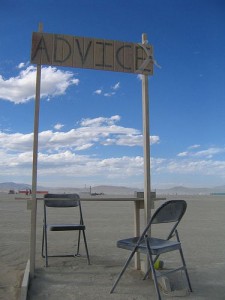>Were you able to get on your Facebook or Twitter pages Tuesday, amidst all of the commotion that was going on online? Hopefully so, but a vast majority of the citizens in Iran and even some in London were not able to. This news article was one of many articles that were published this week outlining the accounts of the controversial election around President Ahmedinejad and how the election was won.
For a moment, regardless of how the election was handled, who said what during the election, and whether or not things were handled improperly, the most attention-getting topic about this whole situation is how new media plays a role in this election. It is simply amazing at how different organizations went to great lengths to suppress the free speech benefit. Whereas journalists are usually given special privileges to report on certain information, in the political situation in Iran, anyone with Internet connection and access to a communication means was able to share their story. They were able to convey the story from their perspective, from their platform, from their point of view. And therein is where the problem lies…
Social media was under attack and wished to be squashed away. This same social media that has been dubbed by many as frivolous, time-wasters and of no consequence was for, at least this week, taken seriously enough that some people in some part of the world wanted it (social media) to sit down and be quiet.
But it can’t.
Social networking sites have always played a much bigger, and more important role than was readily visible. It has been more than just about checking on what your friends are doing, or giving updates on the lint rolls on your pants. No, social media is very important in the grand scheme of things. And so certainly now, perhaps that role will be embraced and respected more by the general population. Maybe now sites like Facebook and Twitter have proven themselves to be more than just a gossip-style site of over-caffeinated opportunity seekers.
Now, and even before now, their services had a purpose and a plan to change things the way we see them. Things are changing slowly but the evidence is there that it will not always remain the same. Do you think this change is episodal or a landmark of what we can expect in our online future? Are the social networking sites setting standards that we will embrace and emulate, or sit back and watch? What do you think?
 A new
A new 

 Sometimes timing truly is everything.
Sometimes timing truly is everything.